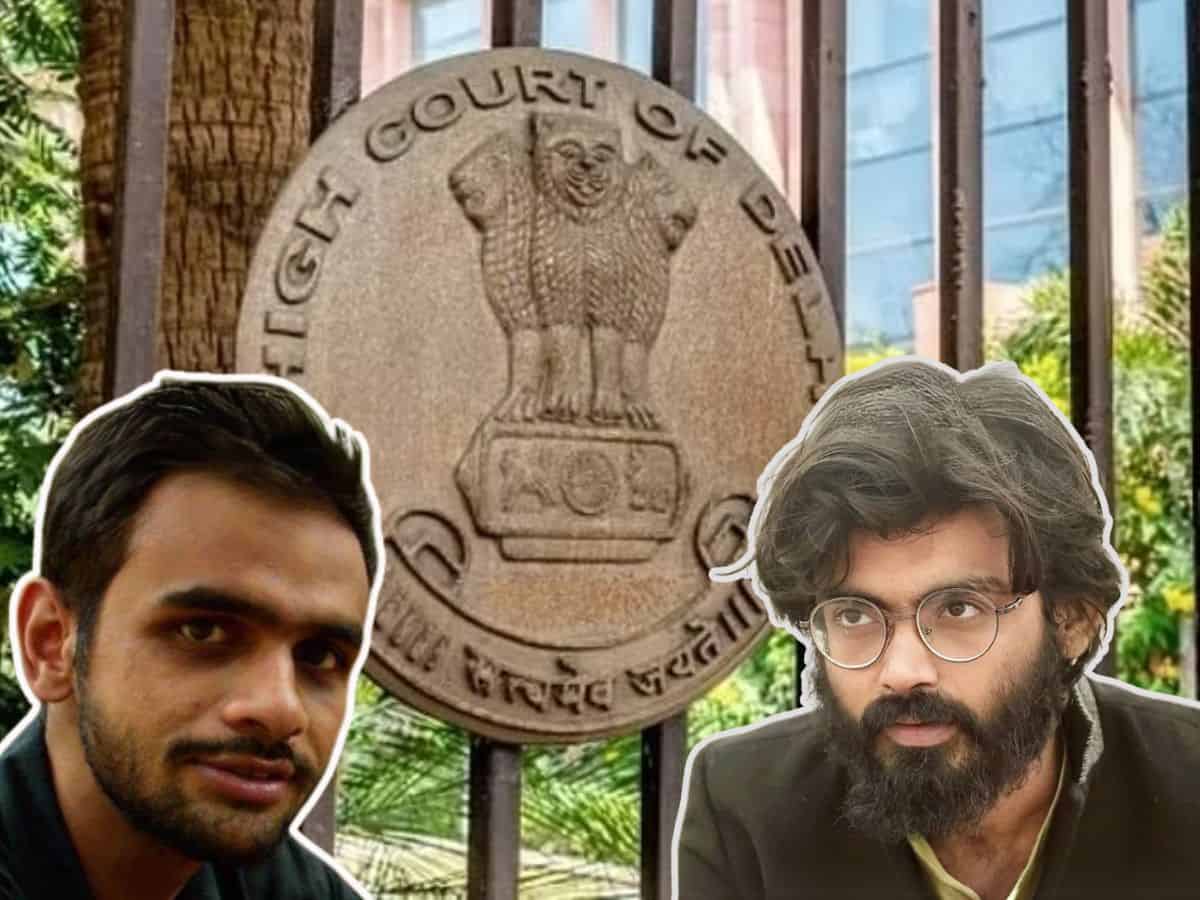
The Delhi High Court, while hearing bail pleas of the main accused in the 2020 Delhi riots, asked if merely organising a protest enough to frame a person under the draconian Unlawful Activities Prevention Act (UAPA).
“The problem is only this. Is it your case that only setting up a protest site is enough for UAPA or do those protest sites result in violence? But the most important thing is intent under UAPA which has to be established,” a bench of Justices Navin Chawla and Shalinder Kaur echoed.
The bench questioned Special Public Prosecutor (SSP) Amit Prasad, representing the Delhi Police, who opposed the bail pleas filed by jailed activists Umar Khalid, Sharjeel Imam and others accused.
SSP Prasad showed the bench a WhatsApp chat between two individuals who were not named as accused of the Delhi 2020 riots.
“How can you leave these two?… and you’re relying on their messages?” the bench questioned Prasad about why the two individuals had not been charged if the prosecution relied on WhatsApp chats.
“The conspiracy is that there are WhatsApp groups. In the WhatsApp groups, there are instigations that, let’s do this, a planning which is of a chakka jam. There is also a hint of violence there, and violence actually happens. Till then, yes, if they are involved, you may say UAPA is attracted. But when you draw attention to something like a JACT (WhatsApp group) and your own argument is that they were organizing protest sites. Is that good enough?” the bench asked the prosecution.
The bench asked the prosecution to make a chart showing which accused person was a member of a particular WhatsApp group, LiveLaw reported.
The bench is hearing the bail pleas filed by activists Umar Khalid, Sharjeel Imam, Mohd Saleem Khan, Shifa ur Rehman, Shadab Ahmed, Athar Khan, Khalid Saifi and Gulfisha Fatima.



